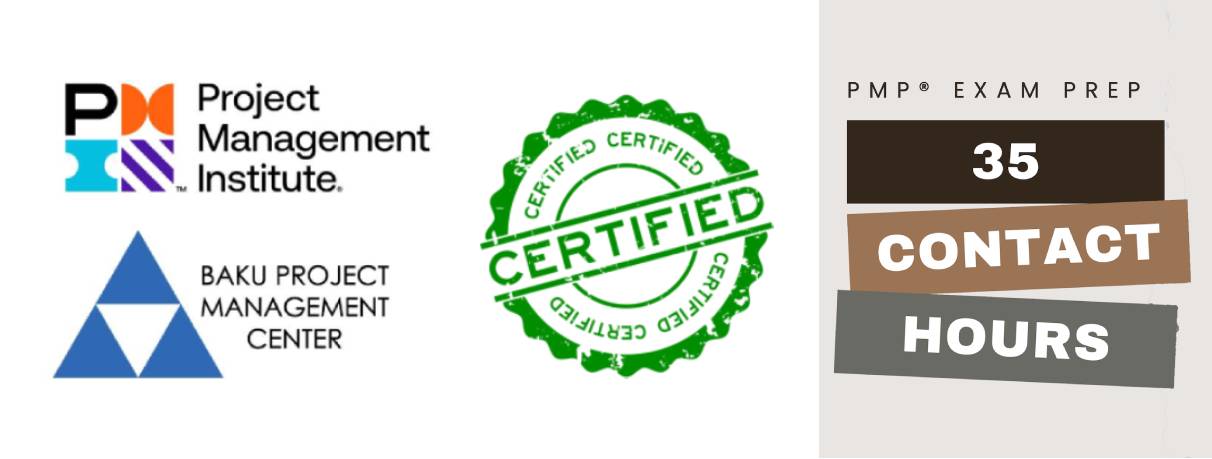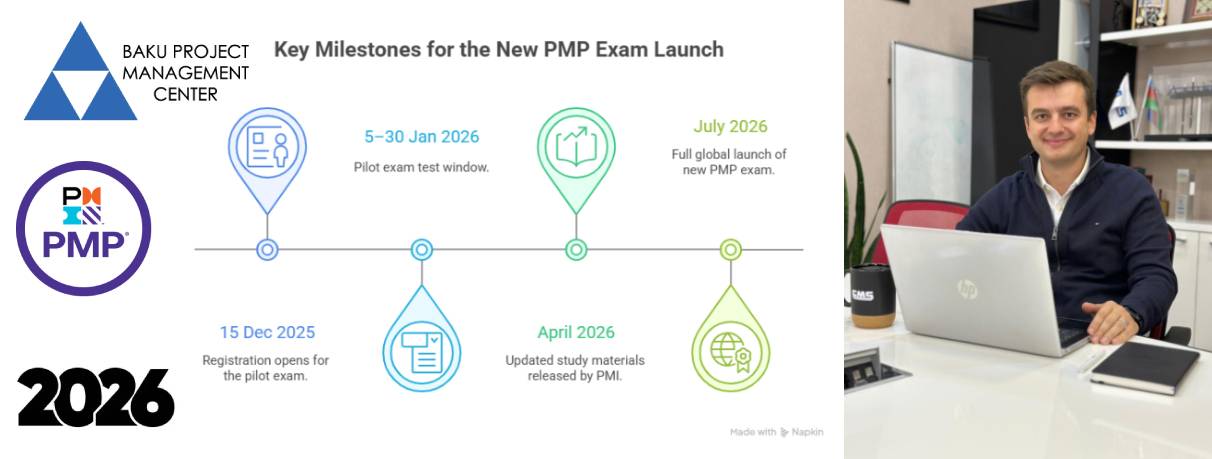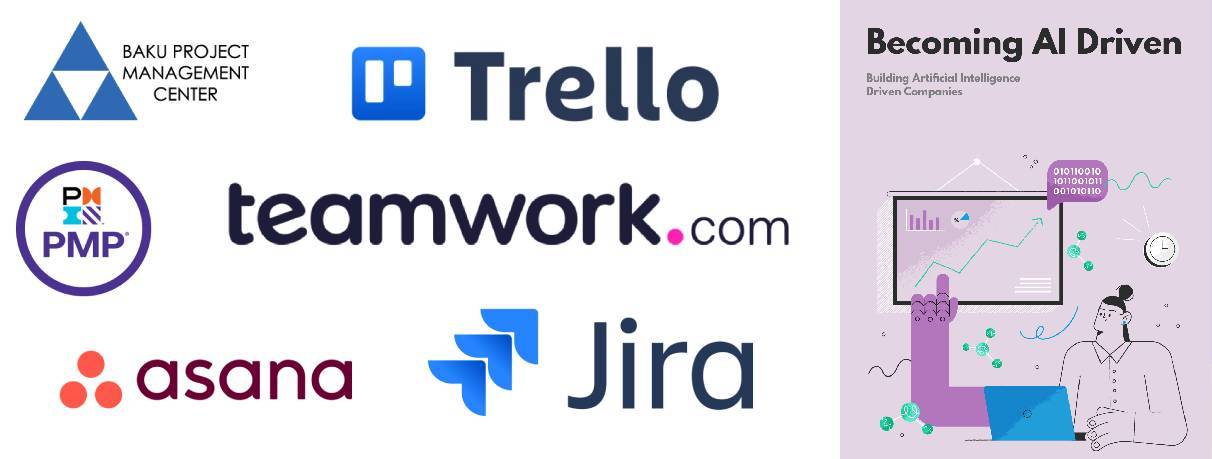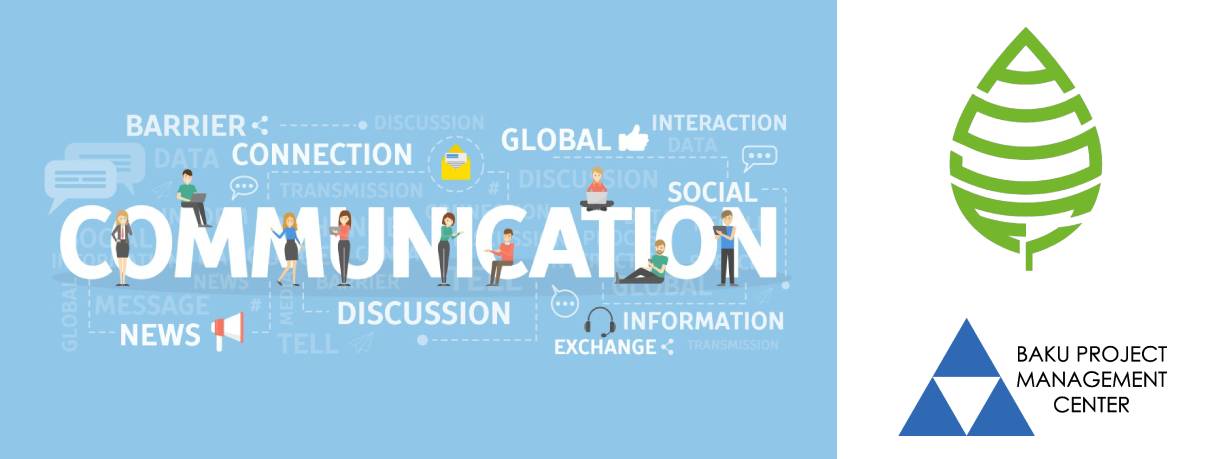The development of software for an improved business process, the construction of a building or bridge, the relief effort after a natural disaster, the expansion of sales into a new geographic market — all are projects.
And all must be expertly managed to deliver the on-time, on-budget results, learning and integration that organizations need.
Project management, then, is the application of knowledge, skills, tools, and techniques to project activities to meet the project requirements.
Project management commonly involves overseeing teams from multiple functional areas within an organization as well as overseeing teams and workers from multiple organizations who are expected to work together for part or all of the project's duration to reach the common goal.
Elements of project management
A Guide to the Project Management Body of Knowledge divides project management into five processes:
1. Initiating
2. Planning
3. Executing
4. Monitoring and controlling
5. Closing
Additionally, project management professionals identify multiple discreet areas they must manage as part of their roles and responsibilities. They commonly identify 10 such areas to manage as:
1. Integration
2. Scope
3. Time
4. Cost
5. Quality
6. Procurement
7. Human resources
8. Communications
9. Risk
10. Stakeholder
All management is concerned with these, of course. However, project management brings a unique focus shaped by the goals, resources and schedule of each project. The value of that focus is proved by the rapid, worldwide growth of project management:
▶ as a recognized and strategic organizational competence
▶ as a subject for training and education
▶ as a career path
https://www.pmi.org/about/learn-about-pmi/what-is-project-management
https://searchcio.techtarget.com/definition/project-management | 



